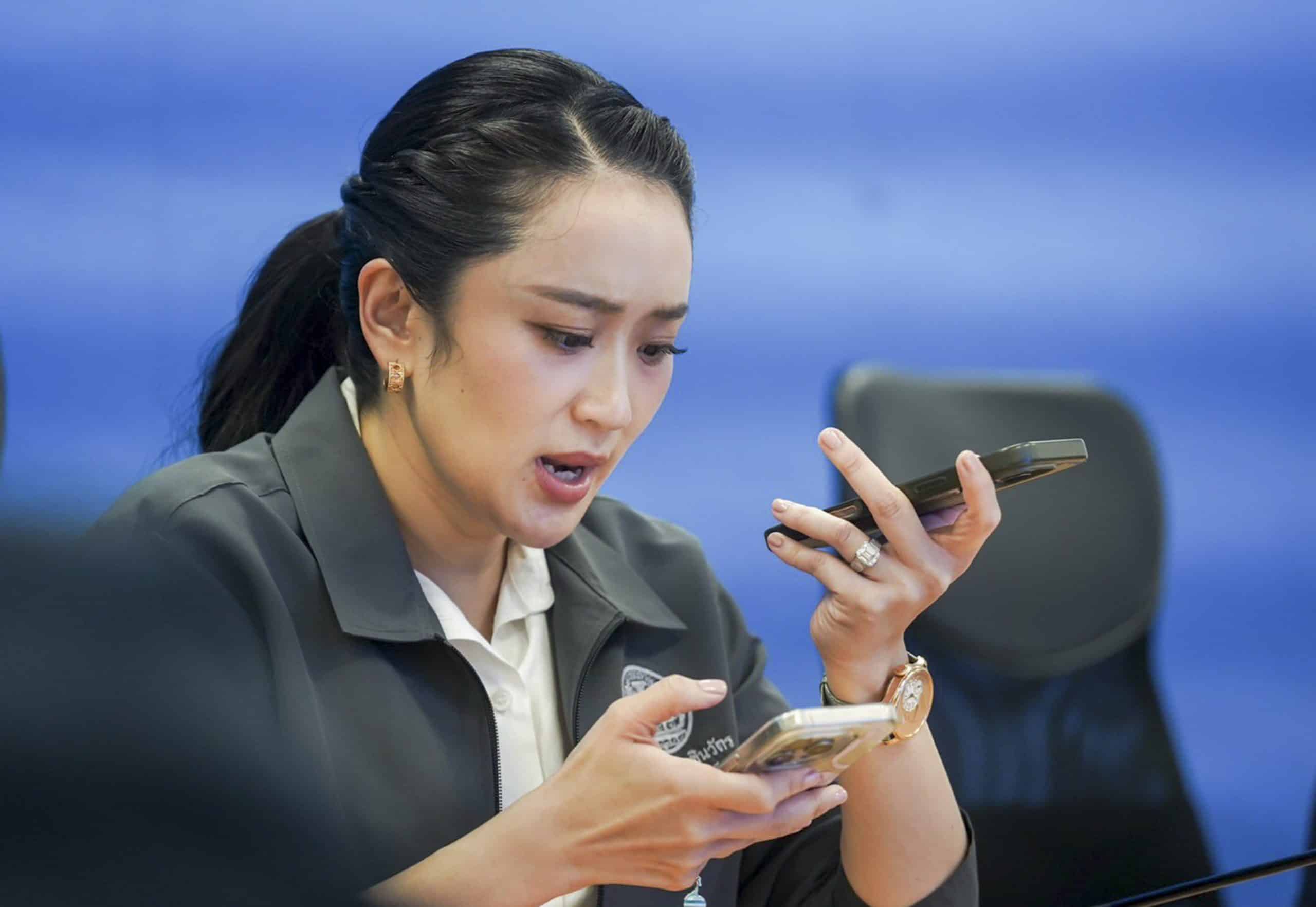Leaked Phone Call Shakes Thai Prime Minister’s Political Future

Thailand’s Constitutional Court has once again made headlines by removing Paetongtarn Shinawatra from her position as prime minister. The court’s ruling was based on a leaked phone conversation she had with Cambodian leader Hun Sen, which raised ethical concerns. This decision marks the fifth time the court has ousted a prime minister from a government associated with the Shinawatra family, intensifying scrutiny over the judiciary’s role in Thailand’s political landscape.
Details of the Court’s Ruling
The Constitutional Court’s decision to remove Paetongtarn Shinawatra stemmed from a phone call she had with Hun Sen in June. During this conversation, she expressed a conciliatory stance regarding a border dispute between Thailand and Cambodia while also criticizing one of her army commanders. The conversation was leaked, leading to significant embarrassment for both Shinawatra and her Pheu Thai party. In her defense, she claimed that her intention was to foster diplomatic relations with Hun Sen, a long-time associate of her father, Thaksin Shinawatra. However, the fallout from the leak prompted calls for her resignation, particularly after her largest coalition partner withdrew from the government, leaving her administration with a fragile majority.
In July, the court had already suspended Shinawatra, with seven out of nine judges voting in favor of her suspension. This foreshadowed the court’s final decision, which many observers anticipated. The court’s history of ruling against prime ministers linked to the Shinawatra family has raised concerns about its impartiality and the influence of conservative, royalist factions in Thai politics.
Political Implications and Future Prospects
The removal of Paetongtarn Shinawatra has created a political vacuum in Thailand, as the constitution mandates that parliament must select a new prime minister from a limited pool of candidates. Pheu Thai has already exhausted two of its three designated candidates due to previous court decisions. The remaining candidate, Chaikasem Nitisiri, lacks a strong public profile and is reportedly in poor health. Another potential candidate, Anutin Charnvirakul, whose party recently exited the ruling coalition, would need to rely on Pheu Thai’s support to form a government, complicating the political landscape further.
The largest party in parliament, composed of former members of the now-dissolved Move Forward party, has declared its intention to remain in opposition until a new election is called. This stance adds to the uncertainty surrounding the future of Thailand’s political environment. While a new election may seem like a viable solution to the current crisis, Pheu Thai is hesitant to pursue this route, as it has struggled to fulfill its economic promises during its time in office.
Challenges Facing the Shinawatra Family
Paetongtarn Shinawatra’s tenure as prime minister has been marked by challenges that have undermined her authority. Many citizens perceive her as lacking independence, attributing decision-making to her father, Thaksin Shinawatra. Despite the family’s historical dominance in Thai politics, recent events suggest that their influence may be waning. Pheu Thai’s flagship policy, a digital wallet initiative aimed at providing financial support to citizens, has faced criticism and stalled progress.
Additionally, ambitious plans to legalize casinos and construct a “land-bridge” connecting the Indian and Pacific Oceans have not materialized. The ongoing border tensions with Cambodia have further fueled nationalist sentiments, leading to skepticism about the Shinawatra family’s commitment to national interests. As public support for Pheu Thai declines, the party faces the prospect of losing a significant number of its parliamentary seats in any forthcoming election.
The Broader Context of Thai Politics
The political landscape in Thailand is characterized by a judiciary that plays a significant role in governance. The Constitutional Court’s actions have raised questions about the balance of power and the influence of conservative forces in the country. The court has previously banned numerous political parties, including two iterations of Pheu Thai and the reformist Move Forward party, further complicating the political environment.
As Thailand navigates this turbulent period, the implications of the court’s ruling extend beyond the immediate political crisis. The ongoing scrutiny of the judiciary’s role in politics raises concerns about the future of democracy in Thailand. With the Shinawatra family’s political legacy in jeopardy, the nation faces a critical juncture that could reshape its political landscape for years to come.
Observer Voice is the one stop site for National, International news, Sports, Editor’s Choice, Art/culture contents, Quotes and much more. We also cover historical contents. Historical contents includes World History, Indian History, and what happened today. The website also covers Entertainment across the India and World.
Follow Us on Twitter, Instagram, Facebook, & LinkedIn

